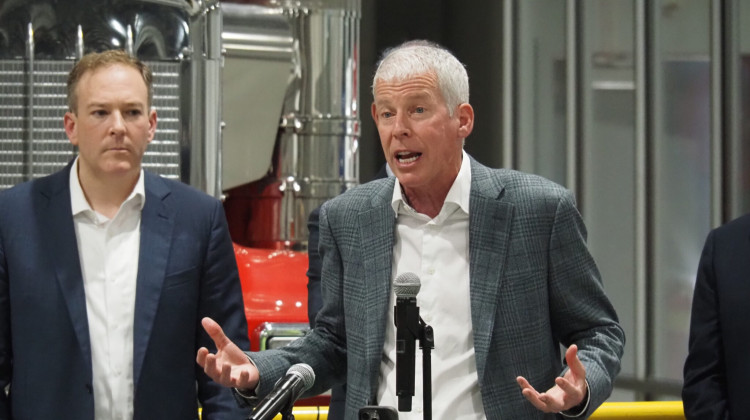
The EPA found concentrations of volatile organic compounds in groundwater at the site were 31 times higher than what’s allowed under the Safe Drinking Water Act.
stock photoINDIANAPOLIS -- The U.S. Environmental Protection Agency announced 10 new Superfund sites Wednesday, including one in Indianapolis with contaminated drinking water.
The new West Vermont Drinking Water Contamination Superfund site is an 18-acre groundwater plume near the Eagle Creek neighborhood on Indianapolis’ west side. Superfund is a federal program that cleans up the country’s most contaminated land and water.
The groundwater there is contaminated with volatile organic compounds, or VOCs, which can be found in dry-cleaning chemicals. They’re also used to make PVC pipe.
EPA On-Scene Coordinator Shelly Lam says VOC concentrations were 31 times higher than what’s allowed under the Safe Drinking Water Act.
“Three homes were actually affected, because they had contamination in their well water, and then 20 homes were potentially affected,” Lam says.
But Lam says if that plume of contaminated ground water moves, an additional 18,000 residents could be affected.
“Groundwater is not static, it moves,” says Lam. “And so, there is potential for this contamination to continue to migrate.”
Lam is also investigating if the toxic vapors are seeping out of the groundwater and into peoples’ homes. She expects to have those results in the coming days.
 DONATE
DONATE






 View More Articles
View More Articles


 Support WFYI. We can't do it without you.
Support WFYI. We can't do it without you.